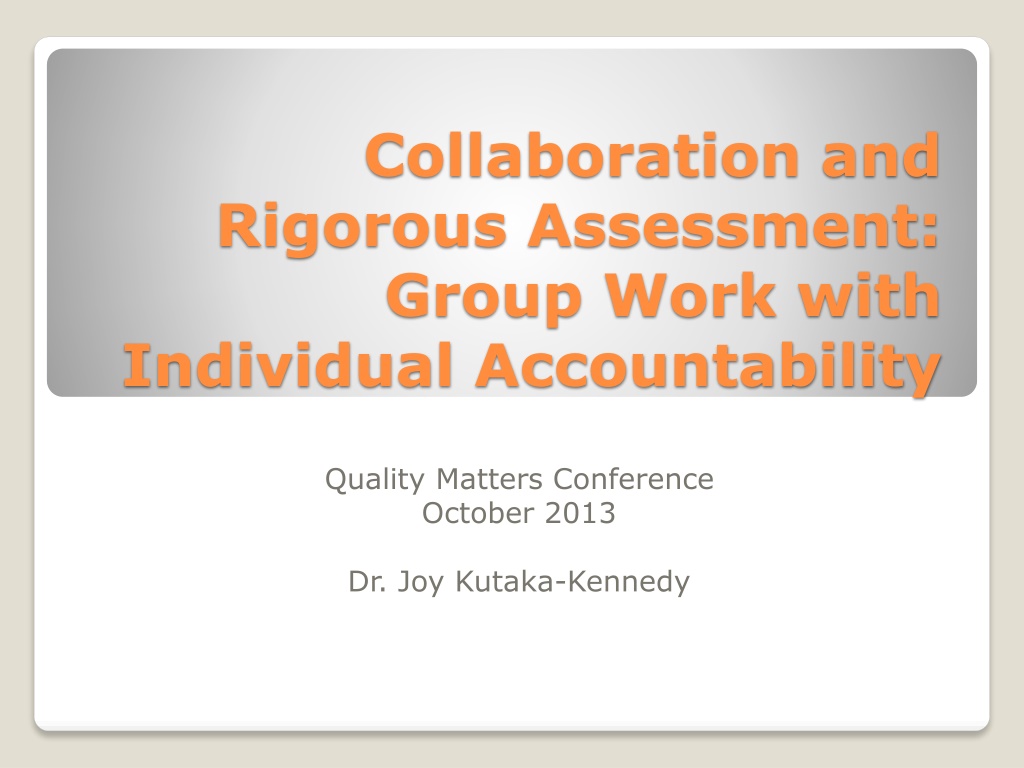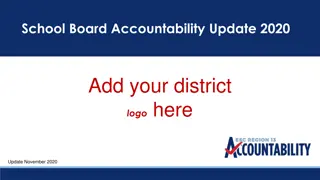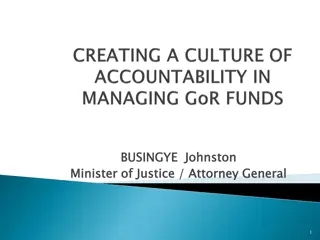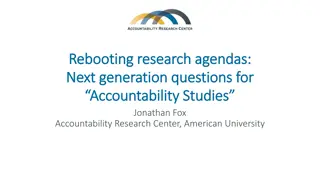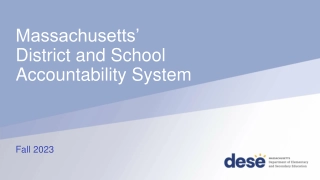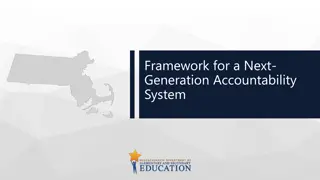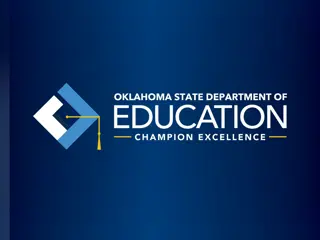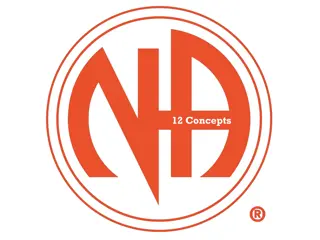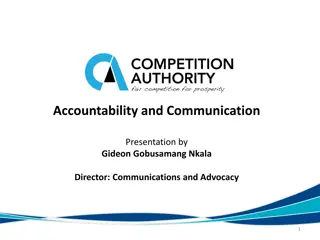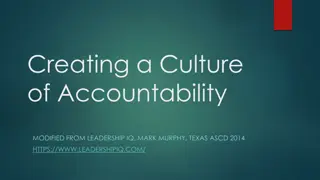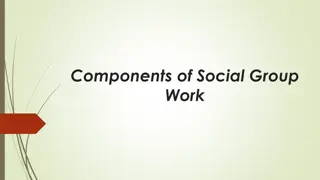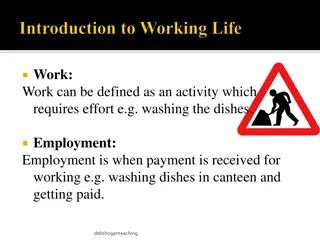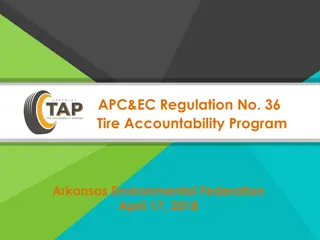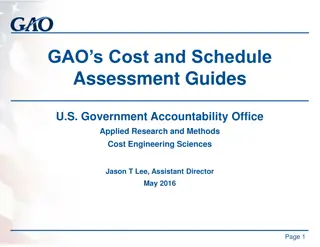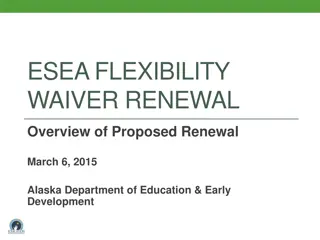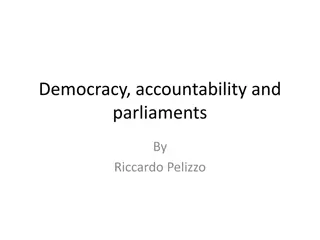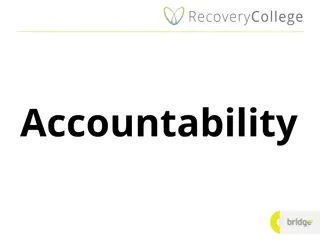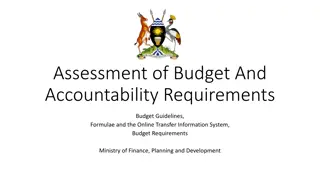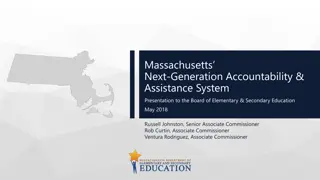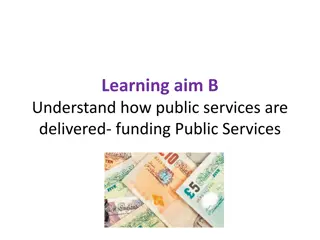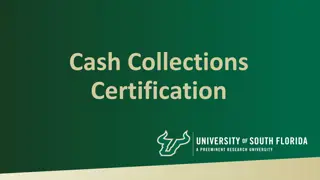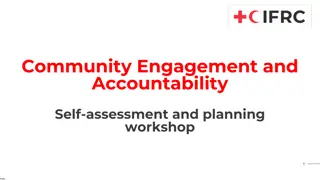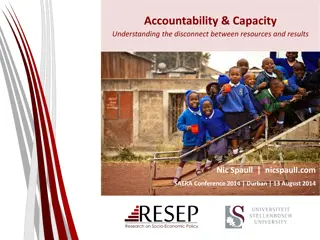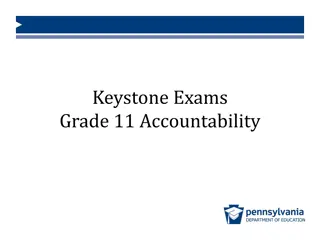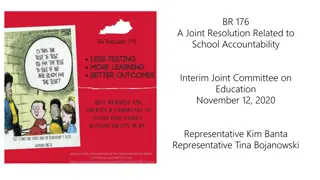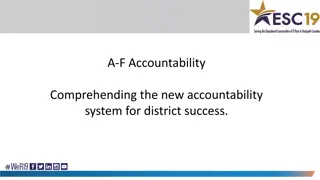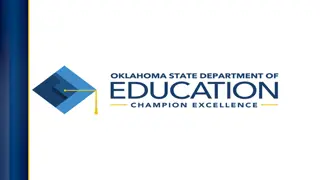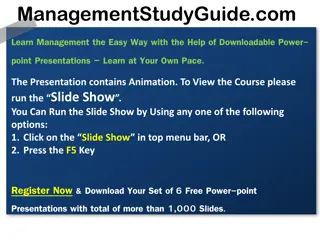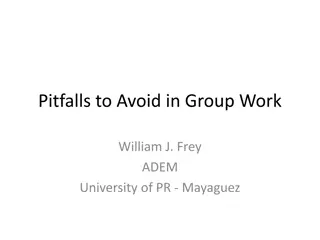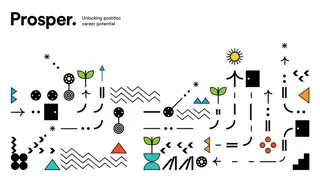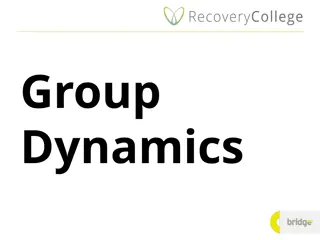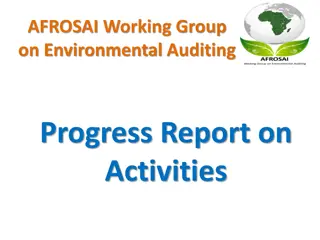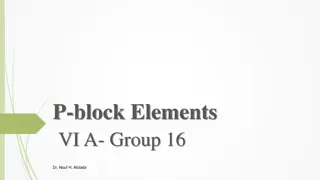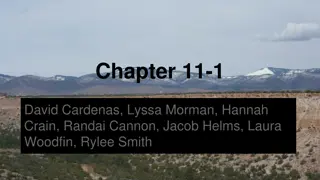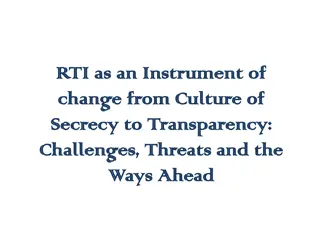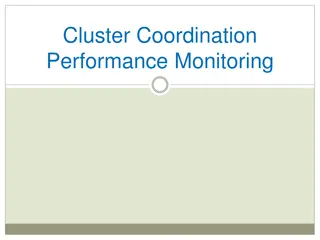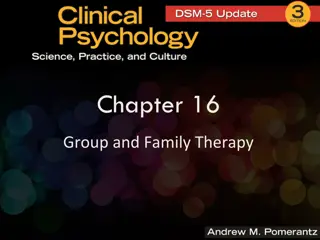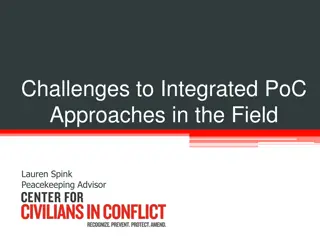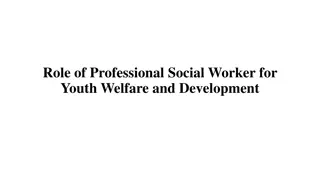Challenges and Strategies in Group Work Accountability
Group work in education comes with benefits like positive social interaction and streamlined grading. However, challenges such as unequal contributions and resentment among students can arise. Strategies to address these issues include peer evaluations and jigsawed work assignments, but these may also present their own set of challenges. Finding a balance between accountability and equitable outcomes is essential for successful group work dynamics.
Download Presentation

Please find below an Image/Link to download the presentation.
The content on the website is provided AS IS for your information and personal use only. It may not be sold, licensed, or shared on other websites without obtaining consent from the author. Download presentation by click this link. If you encounter any issues during the download, it is possible that the publisher has removed the file from their server.
E N D
Presentation Transcript
Collaboration and Rigorous Assessment: Group Work with Individual Accountability Quality Matters Conference October 2013 Dr. Joy Kutaka-Kennedy
Group work has many advantages For Learners Positive social interaction facilitates learning, memory and recall Students develop social skills Students often enjoy the activities more For Teachers Grading is streamlined with fewer papers to evaluate The Benefits
Equal contributions Hard working students will excel and put in great effort Less motivated students will do the minimum to get by Equitable work load Hard working students will meet commitments Less motivated students may fail commitments Grade distribution Both students often get the same grade, much to the chagrin of one and the delight of the other The Problems
Students who worked hard report feeling resentful of the students who were less motivated This resentment may surface in social conflicts and hostility among students The instructor may be called upon to mediate among unhappy students Issues of fairness arise The Problem Exacerbated
Some strategies to hold students accountable for their work and contributions include Peer evaluations Students evaluate each other s work and contributions Jigsawed work assignments Students divide the tasks of the group project and commit to completing their assigned task Jigsawed roles One student might do the oral presentation, another the written paper, another the graphic presentation Possible Solutions
Peer evaluations Peer on peer evaluations can be colored by ties of friendship or emnity unrelated to performance Jigsawed work assignments Students with high standards don t want their grade to suffer due to shoddy work done by less motivated or less capable students and will do it Jigsawed role assignments Students are graded on essentially different assignments which could compromise their learning Issues with Possible Solutions
Online group work can be designed to hold all students accountable to doing their assignments to the same standard The work of individual students can be assessed on their performance separate from the group project/product Everyone learns and is held accountable for their work An Online Solution
In online education, the threaded discussion is often used as a platform to students to interact ASYNCHRONOUSLY Students can log on 24/7 to post a comment to a classmate, upload their papers, and receive feedback from peers/instructor Chat sessions can be set up for synchronous interactions Threaded Discussion Format
Explicit instructions for the assignment are posted on the instructions page along with curricular resources (embedded videos, weblinks, etc) Groups are set up on the instructions page so everyone knows which group to enter Groups have their separate instructions on their tabbed access page Assignment Instructions
Students enter their discussion room (the tabbed page) and begin uploading their work for others to comment on Students read and comment on each other s work The date and time of each comment is logged on the discussion page Instructors can track the dialogues Discussion and Interactions
Instructors can see what, when, how much and what quality students are posting Instructors can view the original postings and subsequent conversations and interactions for each student s work Using rubrics designed for the assignment, instructors can upload the rubric with commentary to each student s gradebook Grading
Questions? Please feel free to contact me: Dr. Joy Kutaka-Kennedy jkutakak@nu.edu National University School of Education Department of Special Education Contact Information
